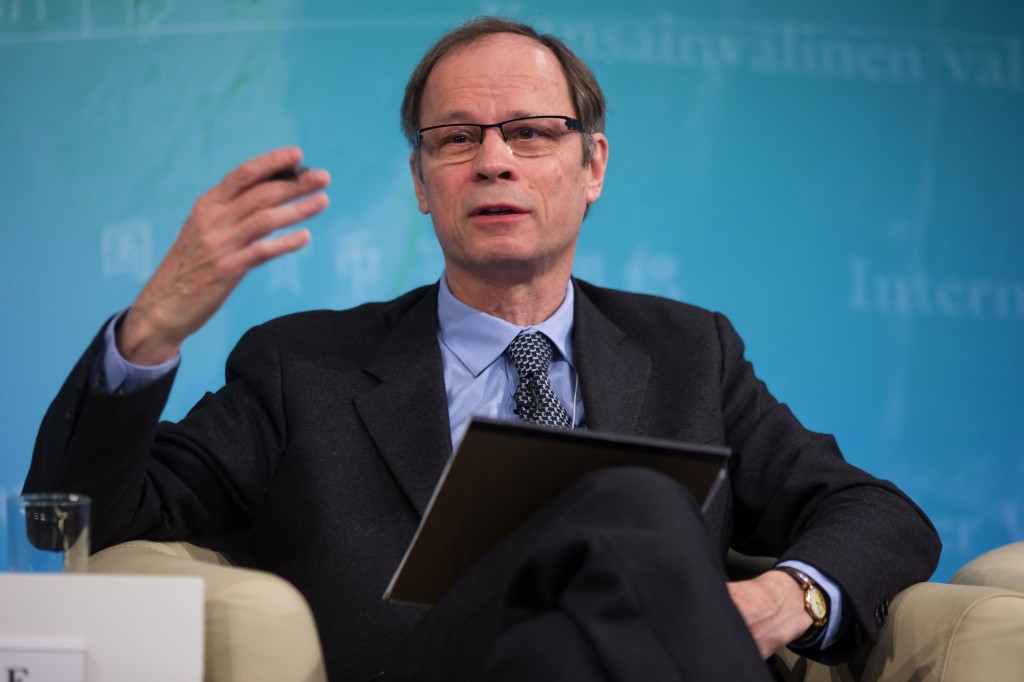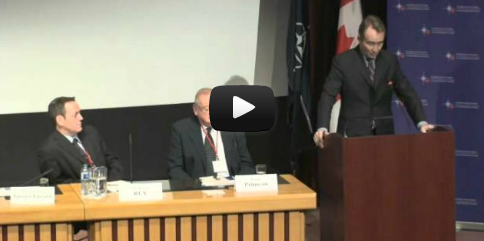Every field has its primary award of recognition that marks the height of one’s career. The Academy Award for film, the Field’s Medal for mathematics and the Johan Skytte Prize for political science are just a few such awards that identify the most critical of contributions that expand human knowledge in each respective field. In terms of the study of economics, the Sveriges Riksbank prize in economic sciences in memory of Alfred Nobel (“Nobel Prize in Economics”) is such an award that recognizes excellence in this field. However because of economics’ primary concern with the distribution of scarce resources, the award also has an immense impact across the world as governments, businesses and think tanks scrutinize, debate and implement the ideas that are recognized annually by the Nobel committee.
This has been the case for the French economist Jean Marcel Tirole, who on October 13, 2014, was awarded the Nobel Prize in Economics for his analysis of market power and regulation. To go into further detail, Tirole’s research looks at the age old question of how to limit the excessive market power of monopolies and oligopolies without hampering entrepreneurship and market efficiency. Excessive market power of monopolies and oligopolies often prove detrimental to the market and society as barriers are erected to prevent the entrance of new firms and, with the resulting lack of competition, dominant firms find it easy to inflict high prices on consumers. However, government regulations to mitigate the costs of excessive market power has often been ineffective and even counter-productive as overly dominant firms either worked around these regulations or were prevented from taking on new and innovative ventures.

To eliminate this “Catch 22 “ situation, Tirole used modern game theory tools to show that for government regulation and policy to be effective and productive it must be customized in accordance to the unique conditions of each type of industry. For instance, major Internet companies like Google and Facebook operate in a two-sided market in which they attract both users and advertisers onto their platforms. Such firms that are uniquely positioned in this particular market often tend to become monopolies. However the unique nature of the two-sided market structure warrants different regulations from that of a one sided market where either users or advertisers are the only ones attracted.
Furthermore, Tirole’s research into market power and regulation has become the basis of incentive regulation, which has the potential of revolutionizing the way governments regulate the market. Incentive regulation calls for the government to use rewards as a means to not only encourage firms to be efficient but to distribute some of those gains in efficiency to society. Today such regulation is being implemented in the telecommunication and utilities industry. But many point to incentive regulation’s ability to effectively regulate the financial industry, which has taken much criticism for its unwillingness to conform to regulations that pertain to increasing a bank’s liquidity and limiting its exposure to excessive trading risk.

Naturally Tirole’s Nobel-winning work is important to government policy makers. What Tirole has shown is that the government need not be helpless when it comes to preventing a market failure that results from one or few firms getting too much power. However the question remains on how influential Tirole’s ideas will be for policymakers and economists the world over. It seems that his ideas are already getting traction as seen from comments made by Joaquin Alumnia, the VP in charge of the EU’s competitive policy, who described Tirole’s work as underpinning many of the EU’s instruments in enforcing competitive policy. Whatever the case may be, there is high potential that Tirole’s work will not only impact the functions of the market, but may have a beneficial impact on the daily lives of billions of people. This is what makes Tirole’s work truly deserving of the Nobel Prize for Economics. Anojan Nicholas




